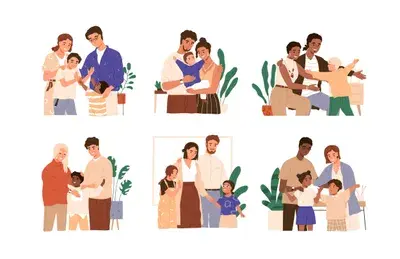
Parent Management Training is an intervention used specifically to treat children and adolescents with oppositional, aggressive, and antisocial behaviors. Parent Management Training, or PMT, is based upon op
Although PMT is a complex intervention, it is based upon four core ideas:
PMT is based upon the literature and research found in learning theory. This is similar to an ABA approach. ABA is based upon the science of learning and behavior. PMT, like ABA, is based primarily on operant conditioning which addresses antecedents and consequences of behavior. PMT includes many behavioral concepts. There is a heavy focus on positive reinforcement. PMT, like ABA, incorporates data collection and monitoring of progress throughout treatment so that the clinician can make decisions about any changes that may need to be made to the intervention strategies being used as well as to develop new treatment goals once current treatment goals are met.
As mentioned, PMT is based primarily on operant conditioning. Some behaviors and skills that operant conditioning may address include:1